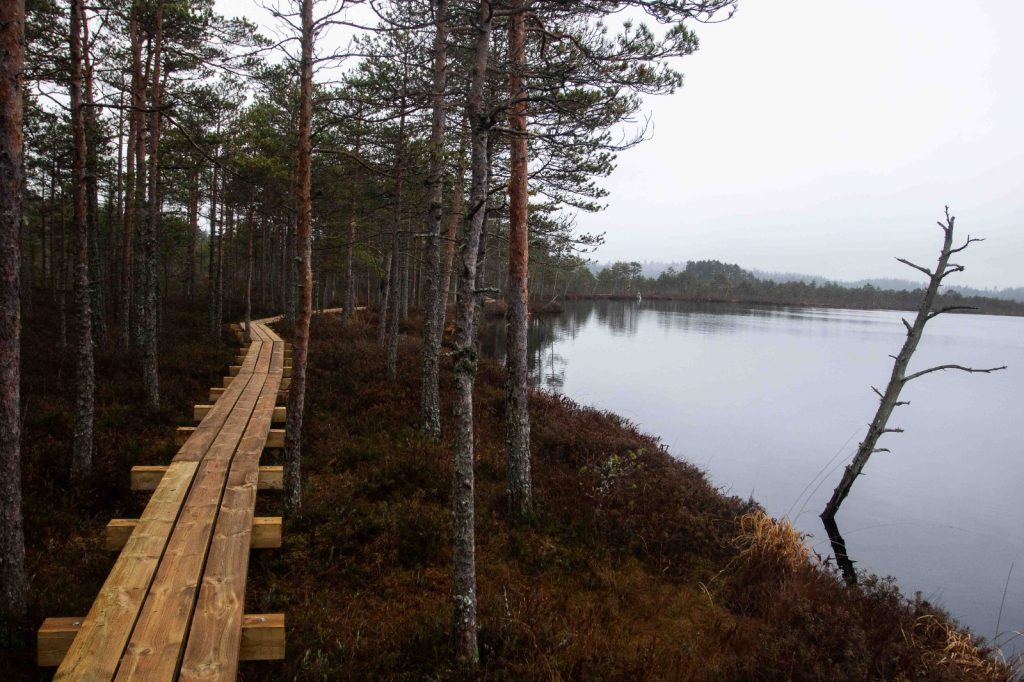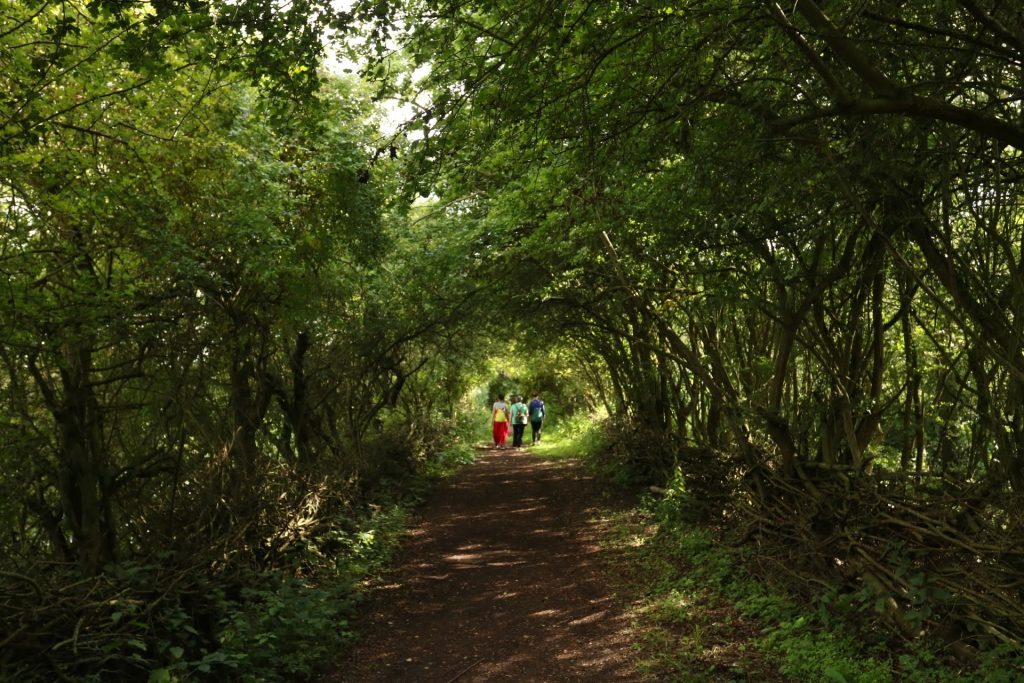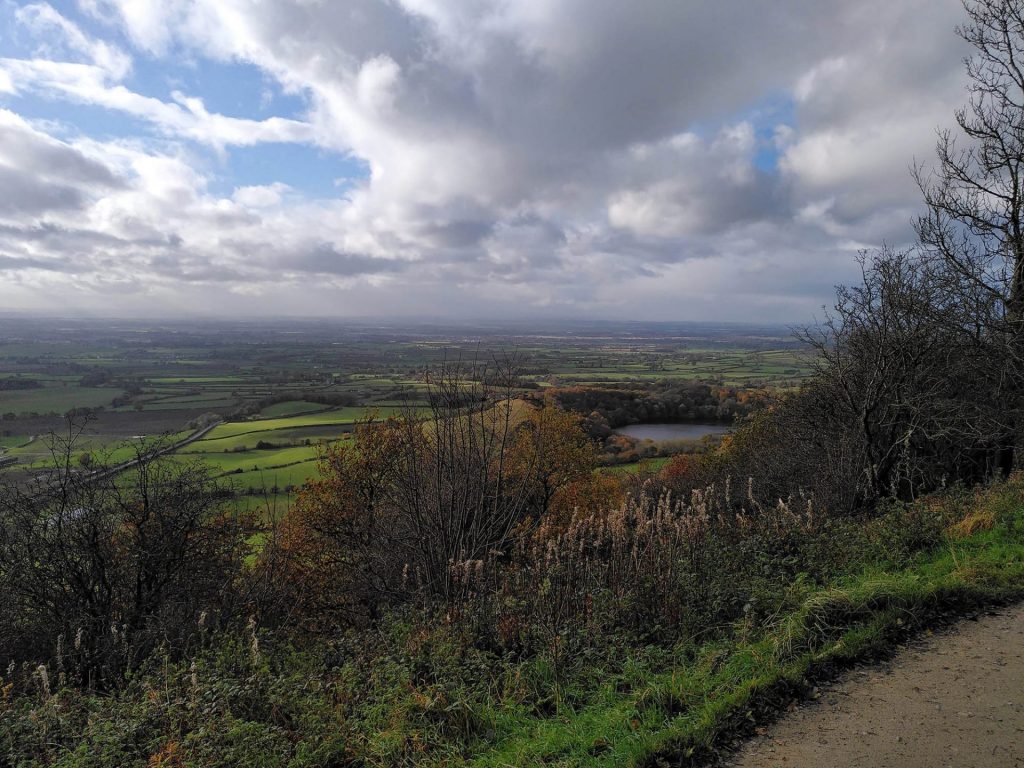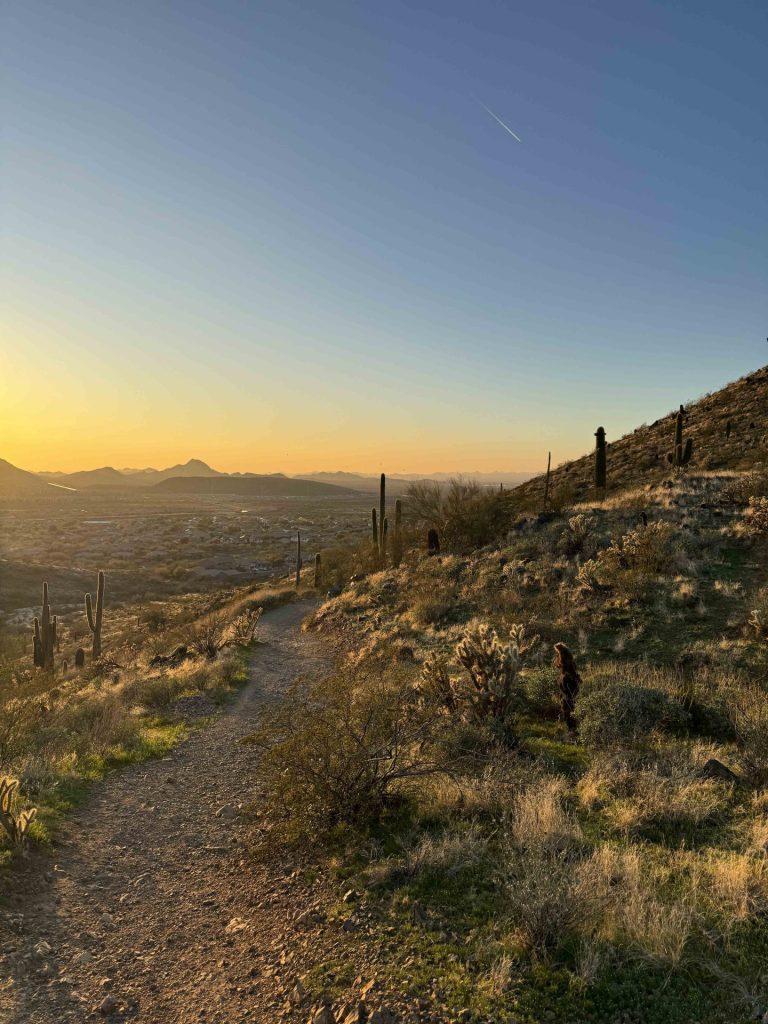What does it take to be an ethical business?

The proverbial rabbit hole led me to an Agile Rabbit event with Natalie Bennett, former leader of the Green Party, speaking in Exeter last night.
I know a bit about Caroline Lucas and I’ve been following the Green Party on social media for a while now. But, I’m embarrassed to admit, I didn’t realise Natalie Bennett was Australian – that’s how little I knew. And while we’re on the subject of my ignorance, yesterday was my first talk with a politician. Yes, I am arriving to this party very late.
As Natalie wove her talk between fast fashion, micro-plastics and carbon emissions skirting past the “b-word”, my initial fear as an ignorant outsider were eased. This I knew. We have to stop emitting carbon. How retail marketing teams prey on our insecurities to keep us shopping, consuming. We are witnessing a growing mental health problem. The huge emissions from the fashion industry – as much as international flights and maritime shipping combined.
That everything is interconnected. For example, you can’t suddenly have companies charge the ‘true cost’ of their items, when so many people are being paid minimum wage.
She mentioned Extinction Rebellion, a growing international movement using non-violent civil disobedience techniques to bring attention to governments’ inaction on climate change. She mentioned the urgency of our species’ predicament.
“We are trashing the planet and making most of us miserable in the process. We need a systems change.”
I raised my hand; How can we tackle apathy? There was a significant murmur through the room.
She offered a refreshing view; “I’m not too concerned with individual behaviours. I’d like to see people focus on campaigning.” I deduce she means, the energy spent on determining whether tinned lentils or dried lentils have a greater impact at the supermarket aisle, for example, might be better spent involved in fighting for something. Changing something for the better.
“I’ve always said that politics is something you do, not have done to you.”
“Work on something small that can be changed, win people over to campaigning with a small win that can empower them. (It can also support individual wellbeing.) And why not start with the UN’s Sustainable Development Goals? The UK have a long way to go on most of our targets.” (I’ll talk about the SDGs in a future blog post)
As someone that has always felt pretty ignorant about Politics, lacking the vocabulary and confidence to talk about manifestos, theories and electoral systems, here was a politics I could get, grapple with, act on.
A 30-something year old man asked; Can we really change fast enough?
And again Natalie’s answer inspired me; “History has shown that change doesn’t come slowly; it comes fast. There hasn’t been much of a change in the UK since Thatcher in the 80s. That change took place in a matter of years.”
And right this moment, we are ripe for change.
Three tips from Natalie about taking action
- Try your best as an individual but focus your efforts on campaigning collectively.
- Make it accessible.
- Things are going to change – how do we want it to change in a way that doesn’t break something else?





